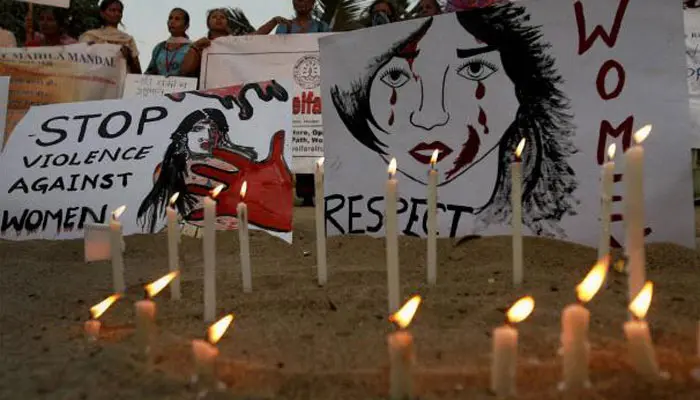
The deputy commissioner's (DC) decision to forbid the Aurat March organizers from holding a public rally in Lahore on March 8 was challenged in the Lahore High Court (LHC).
The Aurat March organizers had asked the authorities concerned to issue a no-objection certificate (NOC) for the event but the DC denied their requests, citing threat alerts from security agencies as justification.
The Aurat March organizing committee sharply criticized the DC's decision, which claimed that Jamat-e-Islami's "Haya March" was to blame for the NOC's denial.
Respondents in the petition were DC Lahore, the chief secretary of the Punjab government, and the capital city police officer (CCPO) Lahore.
The petition argued that the deputy commissioner's order was an "arbitrary and colorable exercise of power and was in plain violation of the fundamental rights provided in the Constitution of the Islamic Republic of Pakistan".
The petition added that the deputy commissioner's order was "not limited to the right to assembly, freedom of speech, as well as the right to non-discrimination and to be treated in accordance with the law as guaranteed in articles 15, 16, 17, 19 and 25, respectively." It asked the court to overturn the commissioner's order.
The Human Rights Commission of Pakistan (HRCP) expressed its outrage at the local governments' responses to the various Aurat March collectives, who have been told they cannot exercise their right to peacefully assemble in public spaces of their choosing to mark March 8 in at least three cities, including right now Islamabad and Multan.
According to a statement issued by the Human Rights Commission of Pakistan on Saturday, "It is the local government's responsibility to secure such events, not to get around them in this way. We support every woman, every trans person, and every ally who will be marching on this year's International Women's Day.

